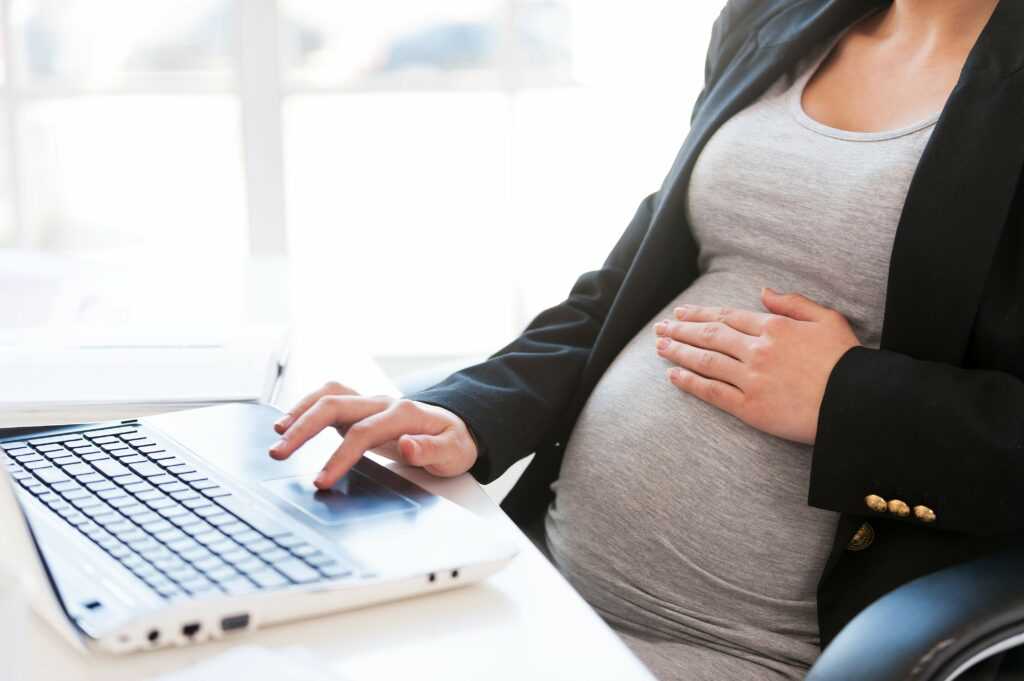International Women’s Day: Inspire Inclusion in the Workplace

As we gear up to celebrate International Women’s Day on March 8, 2024, it’s essential to reflect on the progress made in empowering women in the workplace and to acknowledge the ongoing challenges they face, particularly concerning health and wellness.
This year’s theme, “Inspire Inclusion” resonates profoundly in the context of women’s health and wellness in the workplace. It urges us to envision a world where women not only have equal opportunities but also thrive in environments that prioritise their physical and mental well-being, with reduced barriers to wellness.
Women make invaluable contributions to every sector, yet they often encounter unique health challenges in the workplace. From reproductive health issues to mental health concerns, it’s crucial for organisations to foster environments that support women’s holistic well-being.
One significant aspect to address is menstrual health. Many women experience discomfort and productivity issues during menstruation, yet it remains a taboo topic in many workplaces. Providing access to menstrual products, offering flexible work arrangements, and promoting open discussions can help create a more inclusive and supportive atmosphere.
Furthermore, women are disproportionately affected by mental health issues such as anxiety and depression. Pressures related to work-life balance, gender bias, and career advancement can exacerbate these challenges. Employers must prioritise mental health initiatives, including Employee Assistance Programs (EAPs), mental health awareness training, and must create a stigma-free environment where seeking help is encouraged.
Pregnancy-related issues also impact women’s experiences in the workplace. Whether it’s accommodating prenatal appointments, providing adequate maternity leave, or offering lactation support, organisations must ensure that pregnant employees feel valued and supported throughout their journey.

Additionally, women are often caregivers both at home and in the workplace, balancing the demands of their careers with caring for children, elderly parents, or family members with disabilities. Flexible work arrangements, caregiver support programmes, and access to resources can alleviate some of the stress associated with caregiving responsibilities.
Another critical aspect of women’s health and wellness is promoting physical activity and nutrition. Encouraging regular exercise, providing access to wellness programmes, and offering healthy food options can contribute to improved overall health and productivity among female employees.
As we celebrate International Women’s Day, let us reaffirm our commitment to fostering workplaces that prioritise gender equality and women’s health and wellness. By addressing these issues head-on and implementing inclusive policies and programmes, we can create environments where all employees, regardless of gender, can thrive and reach their full potential.
Together, let’s envision a future where women’s health and wellness are central pillars of workplace culture, contributing to a more equitable and empowered workforce for generations to come.
You can find support by contacting our global wellness department here
Happy International Women’s Day! #inspireinclusion




